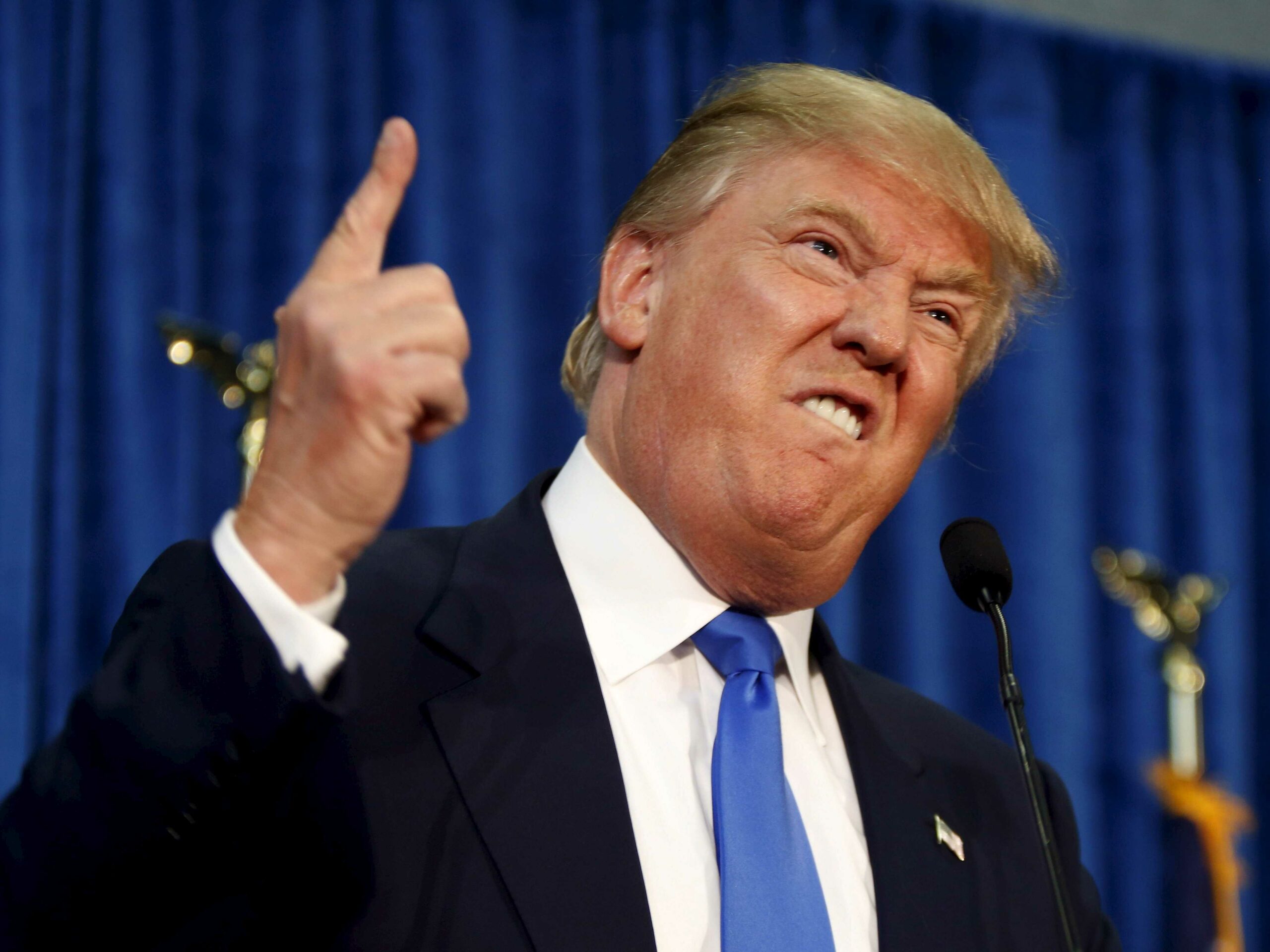On the eve of US President Donald Trump’s unveiling of sweeping tariffs, Youssef El Manssouri, Co-founder and CEO at Sesterce gave an interesting opinion of the tariffs. In his Linkedin post, he wrote that the tariffs would add extra cost to the tune of billions to the American data center industry overnight. Instead of making America first in the AI race, the tariffs would change who wins the AI race, he opined.
Trump’s tariffs could include an expected 20% – 60% on Chinese imports, 25% on Canada/Mexico goods, 10% universal tariffs on all imports; and new levies on steel, aluminium and copper -all vital building materials for data centers. But until his announcement on what he called “Liberation Day” on 2nd April, no one is 100% sure of the extent of the tariffs on each country or the specific goods/services affected although the president has dropped hints.
Youssef estimated that for a sector planning to invest US$1 trillion, those tariffs would add billions in added costs. The US dominates the data center industry with 51% market share versus China’s 16%. According to him, this would certainly affect America itself since US tech relies heavily on global suppliers:
- US$ 33B in computer parts from Taiwan
- US$ 43B in servers from Mexico
- US$ 34B in equipment from China
Among the outcomes of the tariffs as per Youssef are as follows:
- Domestic data center component makers, for example, those producing steel, electrical parts, and cooling systems will see surging demand.
- Companies with facilities in tariff-free zones will gain a major edge and they would source for more alternative locations that are tariff-free.
- AI efficiency startups, especially those which optimize existing hardware would become incredibly valuable overnight.
That’s basically the gist of what the Sesterce CEO said. He added that Europe would benefit since it is in a strategic location, has nuclear expertise (stable, low-carbon energy) and technical talent. Sesterce is a leading French cloud computing provider and data center company. It recently invested €450 million (US$471.85m), the first tranche, into developing an AI data center in Valence, France, which is eventually expected to reach €1.8bn ($1.89bn) including hardware costs.
What about Southeast Asia?
Despite the neutral stance of SEA in the ongoing trade war between US and China, the region unfortunately will not be able to avoid the upcoming tariffs. There is no indication so far that Trump will change his mind.
The biggest impact would be faced by Vietnam, Malaysia and Thailand. These three countries are among the “Dirty 15” which have raised the president’s ire by having massive surpluses with America and would now suffer ‘punitive’ tariffs. Moreover, these same three countries are being investigated for potential transhipment of Chinese goods to avoid tariffs during the ongoing US-China trade war.
In February, CNN reported that Trump was eyeing a “25% or higher” tariff on all semiconductor chips the US imports, with rates likely to “go very substantially higher over a course of a year.” Malaysia would be impacted since it shipped US$ 16.2 billion worth of chips to the US last year, accounting for nearly 20 per cent of all US semiconductor imports, according to US trade data as reported by Reuters.
Earlier restrictions implemented by Joe Biden’s administration in January which are to take effect in May allowing US cloud service providers, such as Microsoft, Google and Amazon, to deploy only 50% of their total AI computing power outside the US, and no more than 7% in Malaysia and other countries that have not been granted privileged access to US chips, did not cause a huge concern among the big tech companies as they reportedly felt the allocation (under the restrictions) are “sufficient”.
What might offset the tariffs is the rapidly expanding digitalisation of Southeast Asian economies which would drive demand for localised data infrastructure, thus negating some impact from the tariffs.
In the final analysis, most experts are pretty unanimous that there will be a lot of uncertainties and disruptions in the supply chain in the months ahead. Some economists are saying “Expect the unexpected”. What’s certain is that Trump’s retaliatory measures will escalate global trade tensions.



